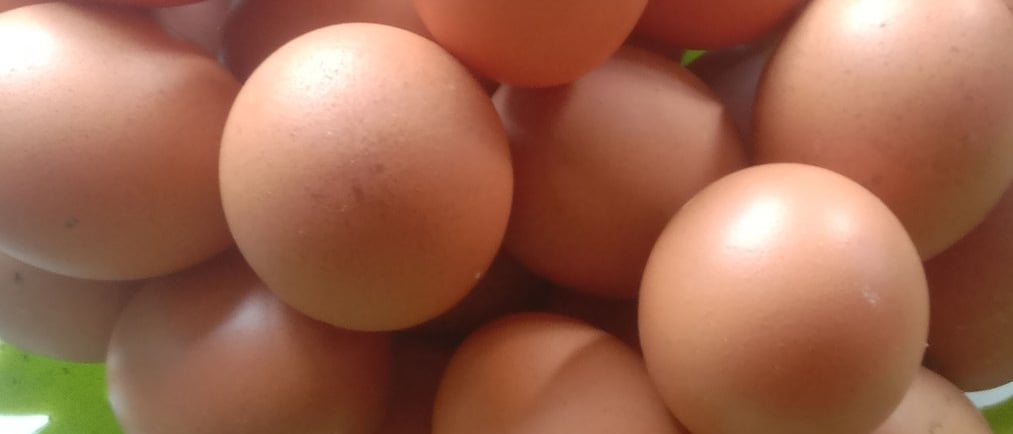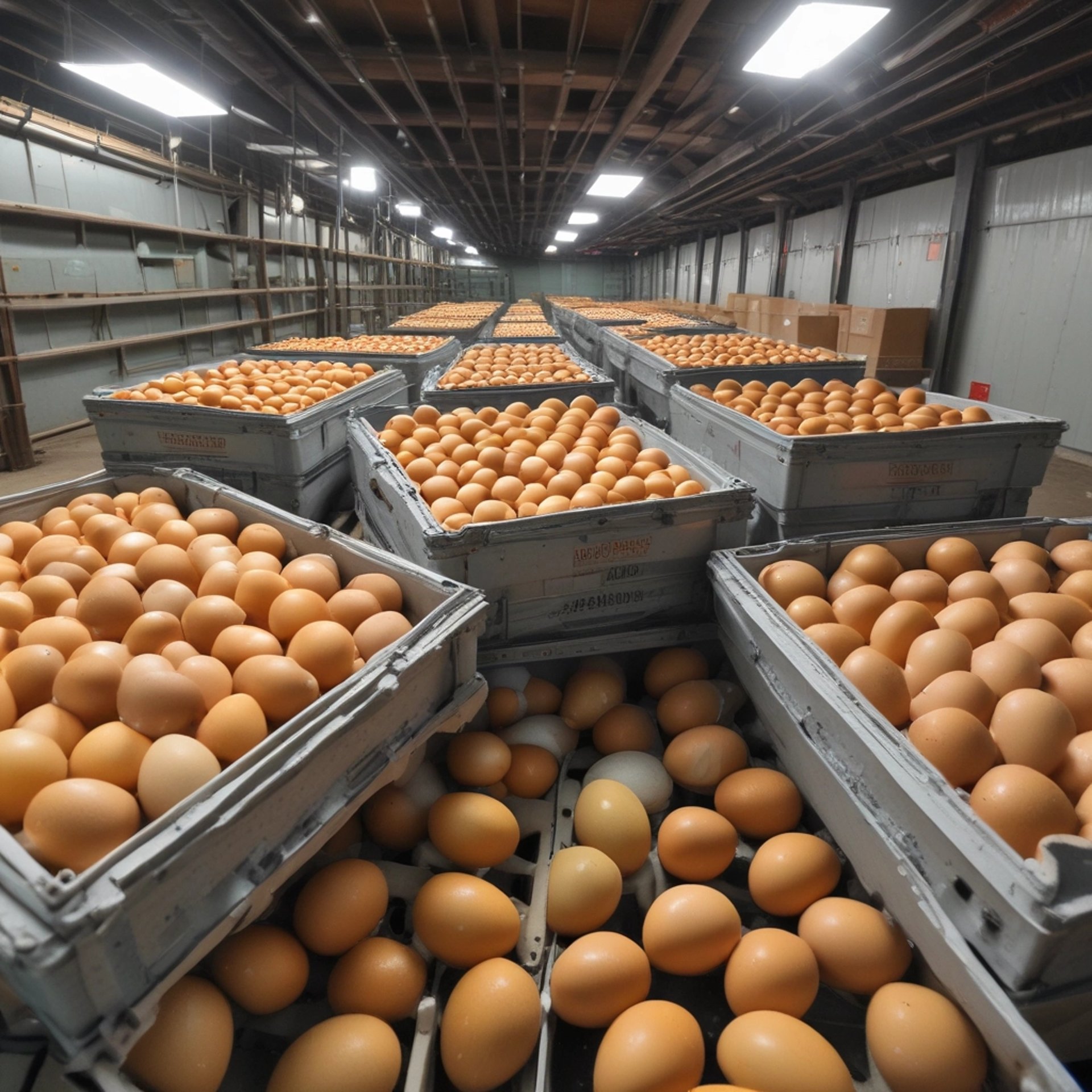Shell Eggs from Farm to Table: A Journey of Quality and Freshness
shell eggs takes before reaches your kitchen. As a leading supplier of high-quality eggs from Indonesia, IndoEggs is committed to this journey, ensuring the egg quality, safety, and freshness


Shell Eggs from Farm to Table: A Journey of Quality and Freshness
Have you ever stopped to think about the incredible journey a shell egg takes before it reaches your kitchen? From the moment it's laid to the moment it's cracked into a pan, each step is crucial for ensuring the egg’s quality, safety, and freshness. As a leading supplier of high-quality eggs from Indonesia, IndoEggs is committed to this journey, ensuring every egg is a testament to sustainable and ethical practices.
The Farm: Where the Journey Begins
The life of an egg begins on a sustainable farm, where hens are cared for to produce the best quality eggs. The process starts when a hen lays an egg, a natural cycle that takes around 24-26 hours. From there, the eggs are collected and undergo a rigorous inspection process.
One of the most important steps is candling, where eggs are passed over a bright light to reveal any internal defects, cracks, or air pockets. This process ensures that only the highest quality eggs proceed to the next stage. After candling, the eggs are washed, sanitized, and carefully sorted by size and grade. This attention to detail on the farm is the first critical step in delivering a safe and fresh product to consumers worldwide.
From the Farm to Your Table: The Path of Freshness
Once sorted, the eggs are carefully packaged, often in their original cartons, and transported under strict temperature control. This is a vital step in maintaining freshness and preventing bacterial growth.
For a supplier like IndoEggs, maintaining a seamless cold chain from the farm to the customer is a top priority. Our commitment to sustainable practices and our extensive network of trusted farms ensures a consistent supply of fresh, high-quality eggs that meet international standards.
At Home: Handling Eggs for Maximum Freshness
The journey doesn't end when the eggs arrive at your home. Proper storage and handling are key to ensuring the eggs remain fresh and safe to eat.
Refrigerate Immediately: Always store eggs in their original carton in the main body of your refrigerator, not the door. This ensures a consistent, cool temperature and prevents the eggs from absorbing odors from other foods through their porous shells.
Check for Freshness: The "float test" is a simple and reliable way to check an egg's freshness. Place the egg in a bowl of water. If it sinks and lays flat on its side, it is very fresh. If it stands upright on the bottom, it's still good to eat but should be used soon. If it floats, it's a sign of a large air pocket and the egg is likely old.
Don't Wash: Eggs are washed and sanitized at the processing plant. Washing them at home can remove the protective coating, making them more susceptible to bacteria.
Cook Thoroughly: To prevent foodborne illnesses, cook eggs until both the yolk and white are firm. Dishes containing eggs, like casseroles and quiches, should be cooked to an internal temperature of at least 160°F (71°C).
By understanding the journey of a shell egg from the farm to the table and following these simple handling tips, you can feel confident that you are serving a safe, nutritious, and delicious product. From our farms in Indonesia to your kitchen, IndoEggs is proud to be part of that journey, providing you with quality and freshness you can trust.

Quality
Fresh eggs sourced from sustainable Indonesian farms.
indoeggs7@gmail.com
